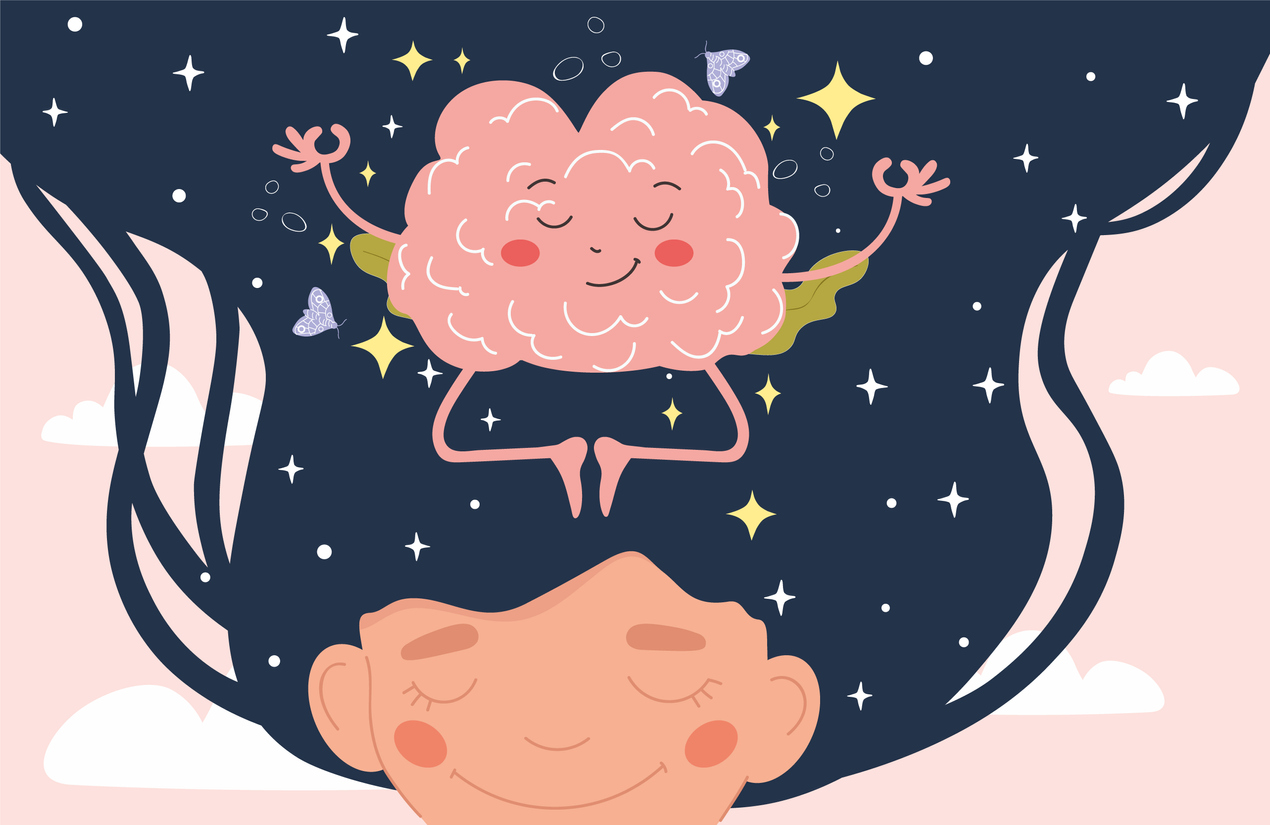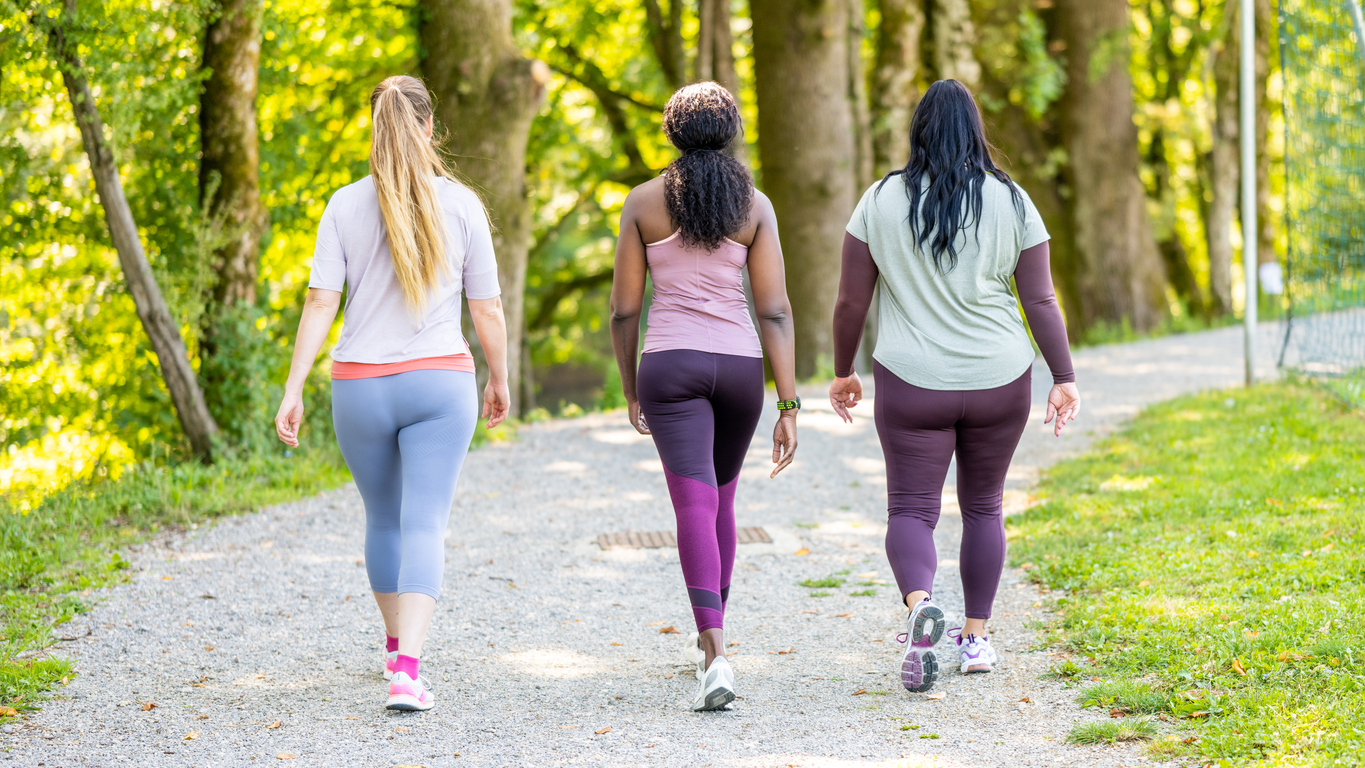Living with Chronic Pain
Dealing With COVID-19 Pandemic Fatigue

As the COVID-19 pandemic continues, many individuals are experiencing what is known as pandemic fatigue or quarantine fatigue. Spending months away from family and friends can lead to loneliness and depression. News cycles with statistics and metrics, which seem to worsen by the day, can cause fear and anxiety. Some people are growing tired of wearing masks, social distancing, and taking other precautions, which can ultimately put themselves and others in danger.
Nurturing mental health, prioritizing physical health, and following COVID-19 precautions and guidelines can help with COVID-19 fatigue.
Nurture mental health
There are several actions individuals can do to take care of their mental health. Some of these practices, such as video calls with family and friends, may have started out strong at the beginning of the pandemic but are falling by the wayside as time passes. It is important to continue prioritizing mental health.
Tips to nurture mental well-being include the following:
- Stick to a routine, including regular sleep and wake times, even if the routine is different from a pre-pandemic routine.
- Connect with others through virtual forms of communication or through in-person activities with proper precautions in place (if allowed by local guidelines).
- Limit news media exposure and stick to reliable sources of information.
- Take time to rest, relax and recharge.
- Find a new at-home hobby or home-improvement project.
- Practice kindness for others: check in on a neighbor or friend, donate to a charity, or find a safe volunteer opportunity.
Mental health professionals are also great resources if extra support is needed for mental health issues, such as depression, anxiety, and other challenges. Most psychologists and counselors now offer virtual appointments, providing assistance in a safe way.
Prioritize physical health
Even if an individual has avoided contracting COVID-19, their physical health may still be affected by the pandemic. Gym closures, comfort eating, sleep disturbances, or drug or alcohol use to cope with stress can affect physical health.
Tips to maintain or even improve physical health as the pandemic continues include the following:
- Participate in physical activity at home (with apps like PainScale or exercise videos) or outdoors while safely distanced from others.
- Get enough sleep.
- Eat foods that nourish the body, such as fruits and vegetables, lean proteins, healthy fats, and whole grains, and limit refined sugar, fried foods, and other junk food.
- Avoid alcohol, tobacco, and illicit drugs.
Follow COVID-19 precautions
Although the danger of contracting COVID-19 is well known, following precautions, such as wearing a mask, washing hands, and practicing social distancing, can be inconvenient. This is especially true as time passes, and the pandemic interferes with holidays and important events. However, in order to end the pandemic, it is essential that proper precautions are still followed.
Tips to stick COVID-19 precautions and guidelines include the following:
- Stay informed about the latest local guidelines and recommendations.
- Adjust behaviors when guidelines and recommendations change as scientists and medical professionals learn more about COVID-19.
- Make precautions, such as mask wearing and social distancing, a habit like the habit of flossing teeth or buckling a seatbelt.
- Keep supplies such as masks and hand sanitizer on hand and easily accessible.
Taking these actions may help with pandemic fatigue until the days when life returns to a sense of normalcy.


















